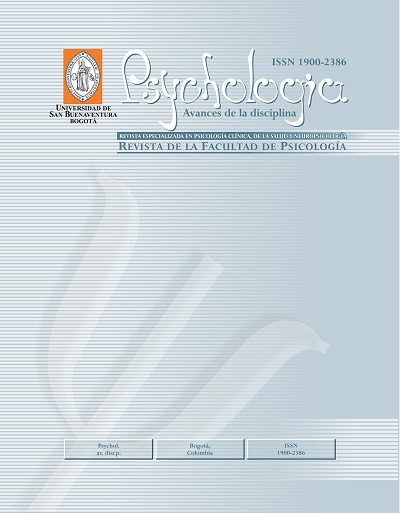This journal provides open, immediate access to its contents, based on the principle that offering the public free access to research helps to promote a higher global exchange of knowledge.
As such, all journal articles are published under a Creative Commons Attribution-NonCommercial-ShareAlike 4.0 International License (CC BY-NC-SA), by which commercial use of the original work or its possible derived works is not allowed, and the distribution thereof must be done with the same license elements regulating the original work.
http://creativecommons.org/licenses/by-nc-sa/4.0/
Abstract
The analysis of the psychometric properties of the Subjective Happiness Scale has reported data indicating problems with item 4, which has led some authors to propose a hypothetical suppression of it. This item, formulated in negative and comparative terms simultaneously, appears from the original version of the scale; however, the psycho- metric anomalies reported raise the need to analyze the relevance of a three-item version of the scale. In this sense, the present study has as a central objective to compare the psychometric properties of two versions of the Subjective Happiness Scale (one of four items and another of three items). To achieve this objective, an instrumental study was carried out by analyzing a database configured by 372 participants from four previous studies where this scale was applied. The results indicate a superiority of the three-item version of the scale by presenting a higher level of relia- bility and better values in the Exploratory Factor Analysis and Confirmatory Factor Analysis. It is recommended to use the three-item version in the Mexican population and analyze the relevance of increasing the scale of values of the possible response.





















